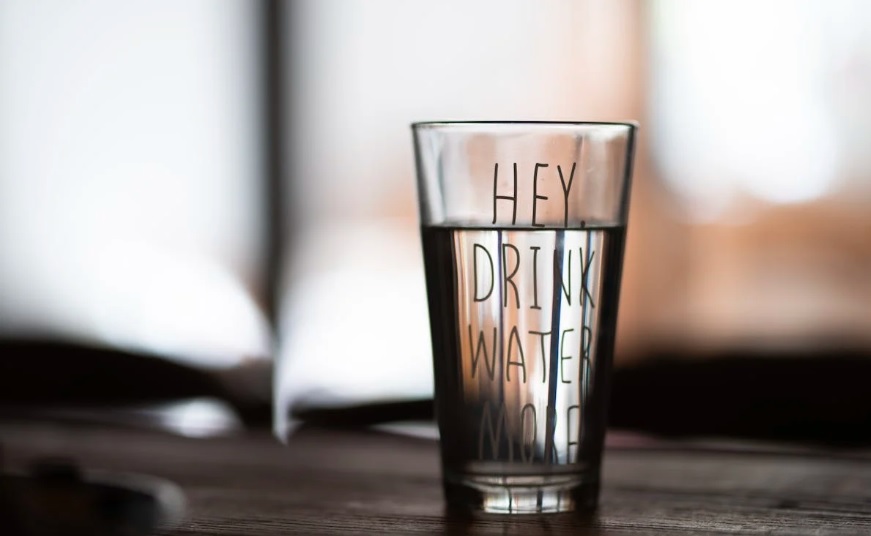Do you want to know how much water should you drink a day?
Water is essential for life. It plays a crucial role in maintaining our health. But how much water should you really drink each day? The answer isn’t as straightforward as you might think. Let’s explore the factors that influence hydration needs, the benefits of drinking water, and practical tips to stay hydrated.
Understanding your body’s needs
Do you ask yourself “how much water should i drink”? The amount of water you need can vary significantly. Factors include your age, weight, activity level, and climate. For instance, an active person may require more water than someone who is sedentary. The common recommendation is to drink eight 8-ounce glasses of water a day. This amounts to about 2 liters, or half a gallon. However, individual needs can differ.
According to the National Academies of Sciences, Engineering, and Medicine, men should aim for about 3.7 liters daily. For women, the recommendation is approximately 2.7 liters. This includes all beverages and food. Interestingly, fruits and vegetables can contribute to your daily water intake. Foods like watermelon, cucumbers, and oranges have high water content.

How much water to drink a day – hydration and exercise
If you exercise regularly, you need to pay extra attention to hydration. During physical activity, your body loses water through sweat. This loss can lead to dehydration if not replenished. A good rule of thumb is to drink water before, during, and after exercise.
For intense workouts, consider sports drinks that replenish electrolytes. These drinks can help maintain your hydration balance. They can be particularly beneficial in hot weather or during prolonged exercise sessions. Remember, it’s essential to listen to your body. Thirst is a clear signal that you need to drink.
The impact of climate
Weather conditions also play a significant role in your hydration needs. Hot and humid weather can increase your water requirements. In such conditions, you may sweat more, leading to faster fluid loss. Similarly, high altitudes can cause you to breathe faster, resulting in increased water loss.
During winter, dry air can contribute to dehydration, even if you don’t feel thirsty. It’s essential to remain mindful of your water intake year-round. Drinking water is crucial, regardless of the season.
Signs of dehydration
Recognizing the signs of dehydration is vital. Common symptoms include dry mouth, fatigue, and dizziness. More severe symptoms can include confusion and rapid heartbeat. If you experience any of these signs, it’s time to hydrate.
Urine color is a useful indicator of hydration status. Pale yellow urine generally indicates proper hydration. Dark yellow urine can signal dehydration. Monitoring your urine color can help you assess your hydration needs effectively.
Practical tips for staying hydrated
Here are some easy tips to ensure you drink enough water daily:
– Having a refillable water bottle encourages frequent drinking.
– Use your phone or an app to remind you to drink water.
– Add fruits like lemon, mint, or berries to enhance flavor.
– Having a glass of water before each meal can help with digestion.
– Incorporate fruits and vegetables into your diet for added hydration.








